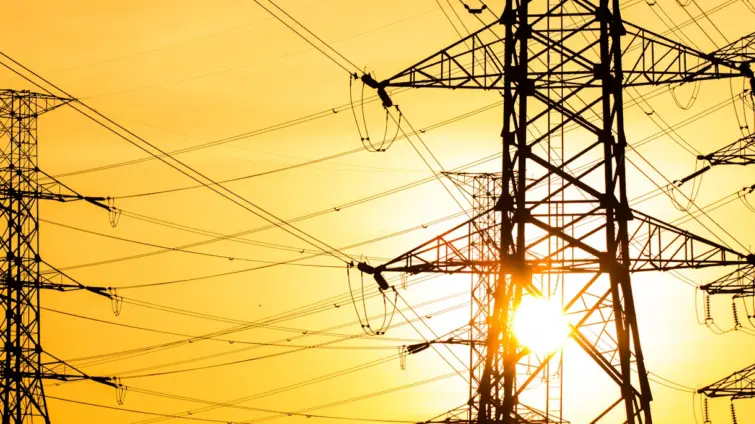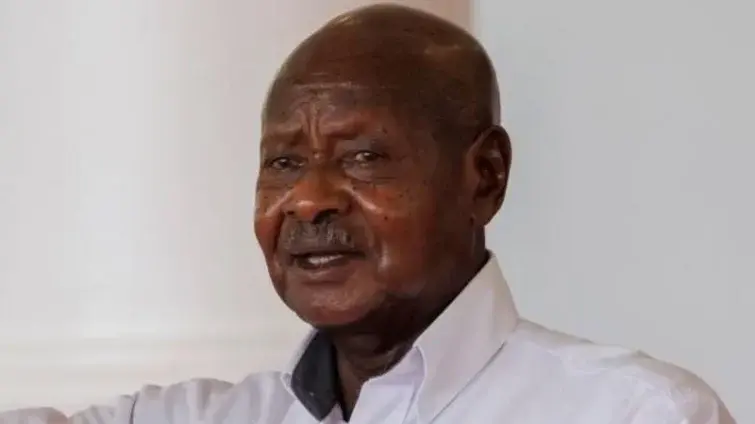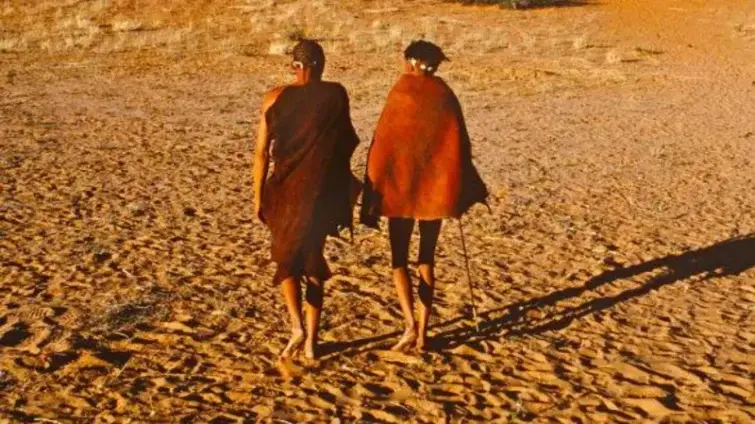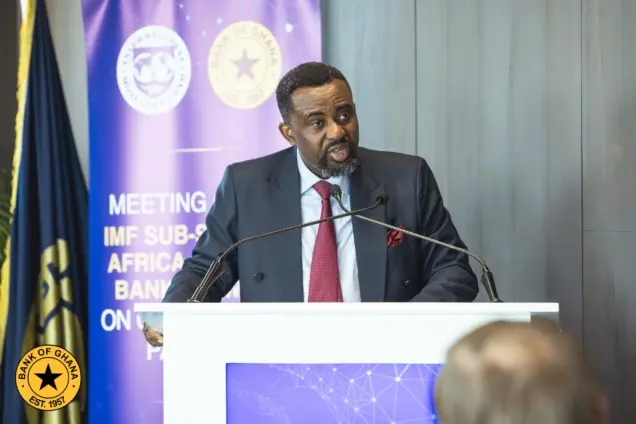The global economy has long grappled with trade imbalances, where some nations consistently export more than they import, and vice versa. These imbalances can lead to economic instability, currency fluctuations, and hinder overall global growth. However, a continent brimming with potential stands ready to play a transformative role: Africa. Rich in resources and with a rapidly growing, dynamic population, African nations are poised to significantly impact the Africa trade balance and reshape the global economic landscape through strategic policy implementation, strengthened intra-African trade, and a focused drive toward industrialization.
Africa’s journey won’t be without hurdles. Overcoming infrastructure deficits, reducing dependence on imports, securing access to capital, dismantling trade barriers, and addressing external market control are critical challenges. Yet, by strategically addressing these issues, Africa can transition from primarily a resource exporter to a vital player in a more balanced global trade system, fostering sustainable economic growth across the continent and beyond. The following explores these challenges and strategies, highlighting Africa’s potential to rebalance global trade.
Trade imbalances occur when a country’s imports consistently outweigh its exports, resulting in a trade deficit, or when exports exceed imports, leading to a trade surplus. These imbalances can have significant ramifications. Nations with substantial trade deficits may experience downward pressure on their currency, increased debt, and reduced economic growth. Conversely, countries with large surpluses may face accusations of unfair trade practices and protectionism.
Historically, Africa has largely been a net importer, exporting raw materials such as minerals and agricultural products while importing manufactured goods. This dynamic has perpetuated economic dependency, limiting opportunities for diversification and industrial development. Industrialized nations, often with significant trade surpluses, have largely dictated the terms of global trade, leaving African countries at a disadvantage. Addressing this historical imbalance is crucial for fostering sustainable economic growth and development across the African continent.
Several key challenges hinder Africa’s ability to exert greater influence in global trade. One of the most significant is infrastructure. Inadequate transportation networks, unreliable energy supplies, and limited digital connectivity impede the efficient flow of goods and services both within and between African nations. For example, a lack of paved roads connecting agricultural regions to ports can significantly increase transportation costs and reduce the competitiveness of African exports. Similarly, limited access to reliable electricity hinders the development of manufacturing industries.
A heavy reliance on imports, particularly of manufactured goods, further exacerbates trade deficits. Instead of producing goods locally, many African nations import finished products, deepening their dependence on foreign economies. Consider the textile industry: many African countries export raw cotton but import finished textiles, missing out on the opportunity to add value and create jobs within their own economies. Access to capital also remains a significant challenge. Small and medium-sized enterprises (SMEs), which are crucial for driving economic growth, often struggle to secure the financing needed to expand their operations and participate in international trade.
Trade barriers and bureaucratic hurdles further complicate the picture. High tariffs, complex regulatory procedures, and inconsistent policies hinder both intra-African and international trade. Cumbersome customs procedures and excessive paperwork can significantly increase the cost and time required to import and export goods. Additionally, external market control, where foreign interests dominate the extraction and export of African resources, limits the potential for domestic value retention and economic diversification. Multinational corporations often control the extraction and export of natural resources, such as minerals, leaving African nations with a smaller share of the profits.
Despite these challenges, Africa possesses immense untapped potential to reshape global trade. The continent is endowed with vast natural resources, including significant mineral reserves, abundant arable land, and a youthful, growing population. These assets, if harnessed effectively, can drive economic transformation and enable Africa to shift from exporting raw materials to manufacturing value-added goods. Imagine processing cocoa beans into chocolate locally instead of exporting raw cocoa – this simple shift could create jobs, boost incomes, and strengthen the Africa trade balance.
Africa’s strategic location and rapidly evolving digital economy also present unique opportunities. Positioned at the crossroads of major trade routes, Africa can leverage its geography to become a hub for global commerce. The growth of e-commerce platforms and digital technologies is also facilitating intra-African trade and creating new opportunities for businesses to connect with customers and suppliers across the continent. This evolving digital economy is poised to reshape trade relations and foster sustainable economic growth.
To effectively rebalance trade, African nations must prioritize industrialization and value addition. This involves investing in manufacturing, technology, and innovation to process raw materials domestically and produce competitive goods for both local and international markets. Strengthening intra-African trade through the African Continental Free Trade Area (AfCFTA) is also crucial. By reducing barriers to trade within the continent, AfCFTA can cultivate a more self-reliant economic bloc and decrease dependence on external markets. This includes harmonizing regulations, simplifying customs procedures, and investing in infrastructure to facilitate the movement of goods and services across borders.
Diversification of export products is equally important. African nations must move beyond traditional commodities such as oil, minerals, and agricultural goods and expand into new sectors such as technology, services, and finished goods. This will require investments in education, training, and research and development to build a skilled workforce and foster innovation. Efficient transport and logistics networks are also critical for facilitating smooth trade flows. Improving roads, railways, ports, and digital connectivity will enable African businesses to compete effectively in the global market. Compare infrastructure investment levels across different African nations and observe their corresponding impacts on trade volumes and competitiveness.
Finally, forging strategic trade partnerships is essential. This involves renegotiating existing trade agreements to ensure fairer terms that prioritize Africa’s economic interests. It also means diversifying partnerships beyond traditional Western allies and engaging with emerging economies to expand reach and secure better trade deals. For instance, partnerships with countries in Asia and Latin America can provide access to new markets, technologies, and investment opportunities. By actively pursuing these strategies, Africa can transform its trade dynamics and contribute to a more balanced and sustainable global economy.
In summary, Africa’s potential to curb global trade imbalances hinges on resource diversification, a focused push for industrialization, and the forging of strategic trade agreements. While challenges persist, proactive policies and targeted investments can position Africa as a pivotal player in global economic stabilization. Transforming from a primarily resource supplier to a global trade powerhouse requires harnessing its inherent strengths and addressing systemic barriers. The focus on achieving a positive Africa trade balance is paramount for long-term growth and stability.
Image Source: MYJOYONLINE






















